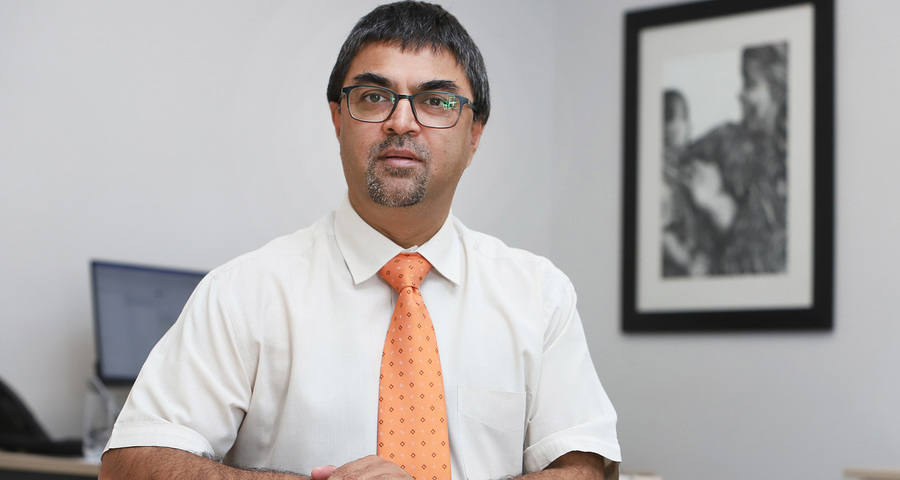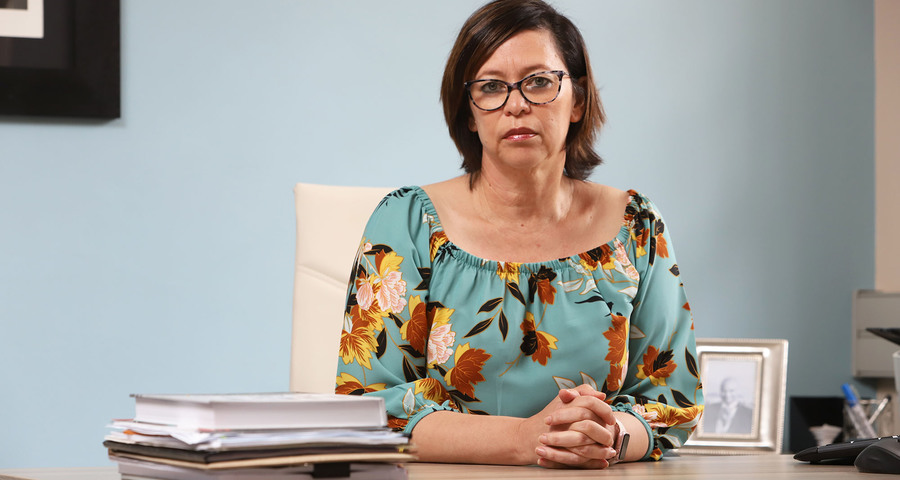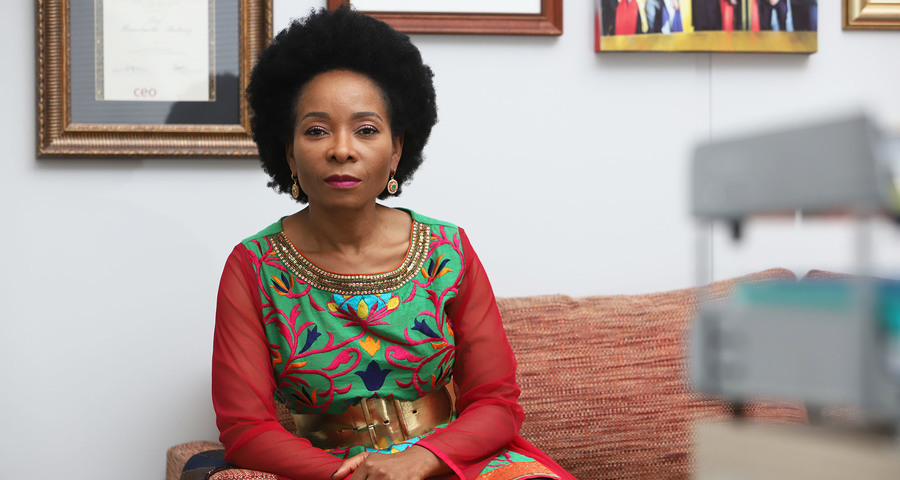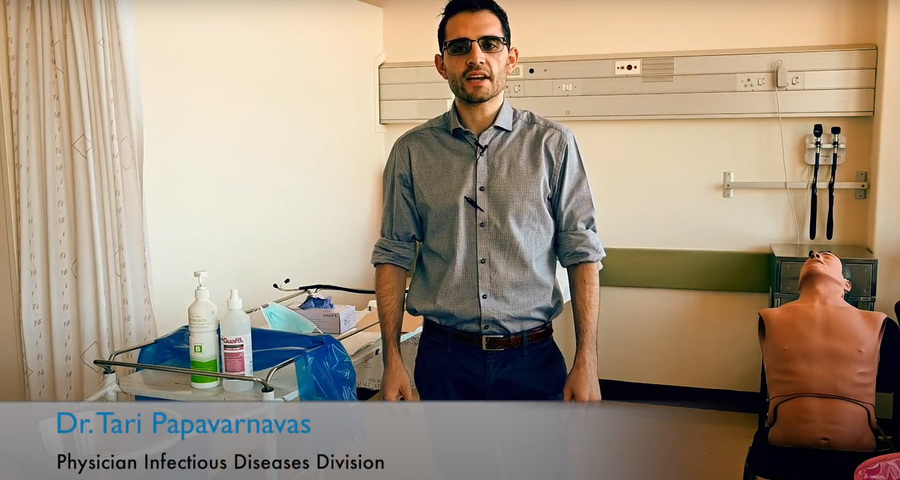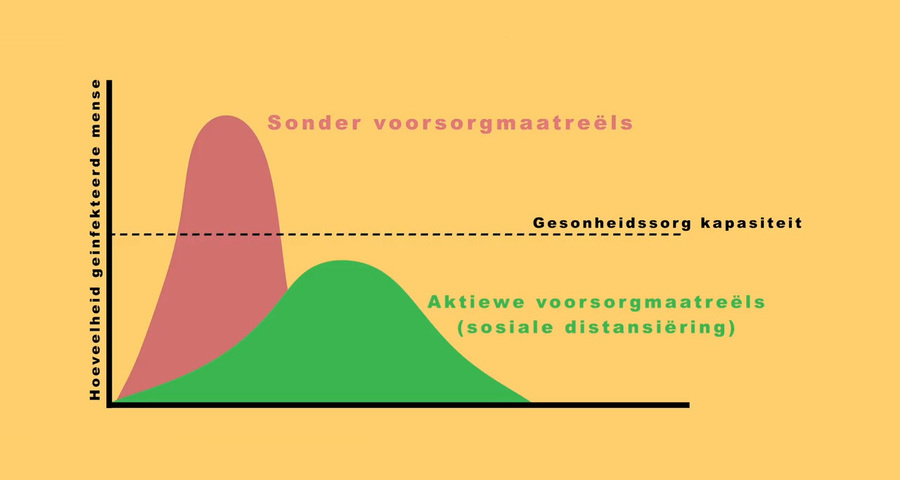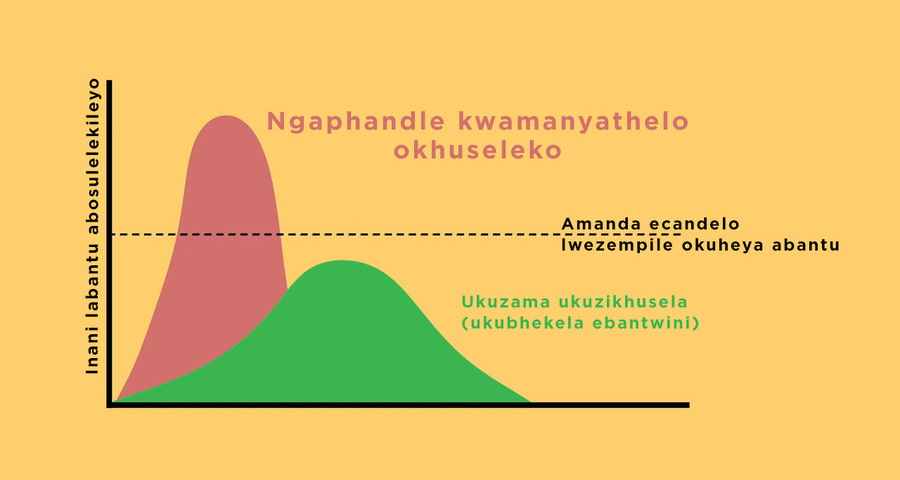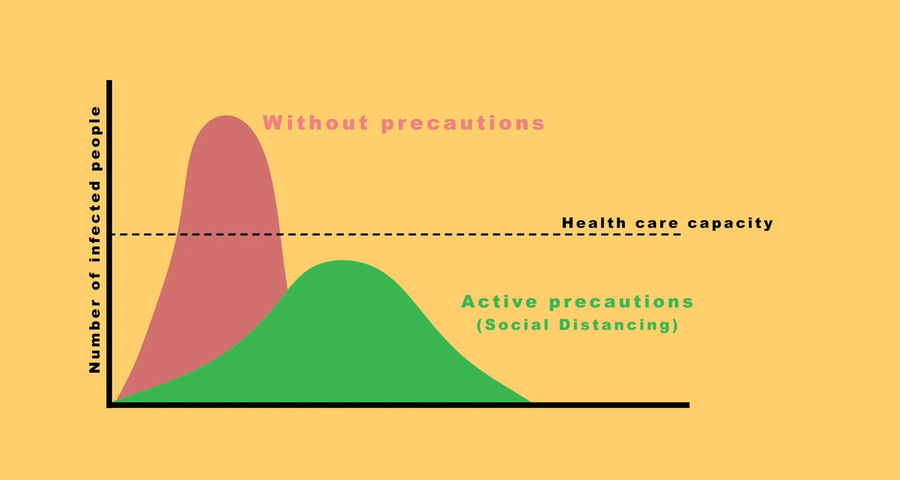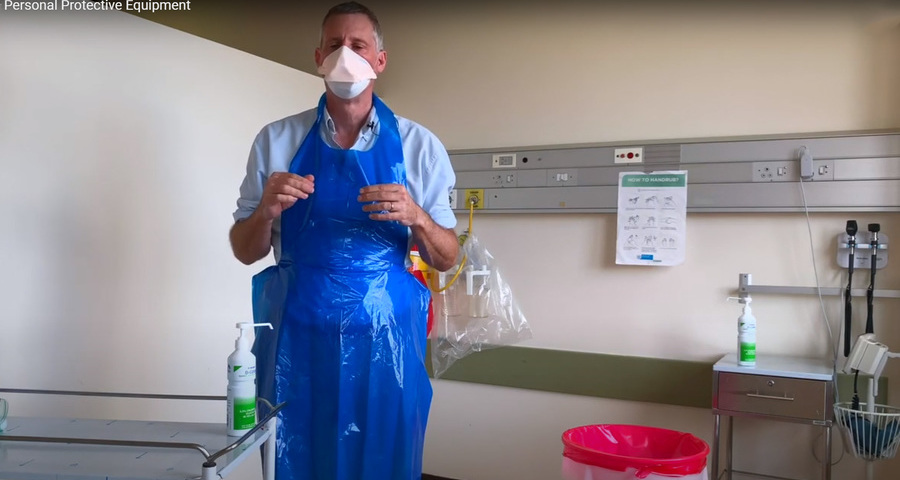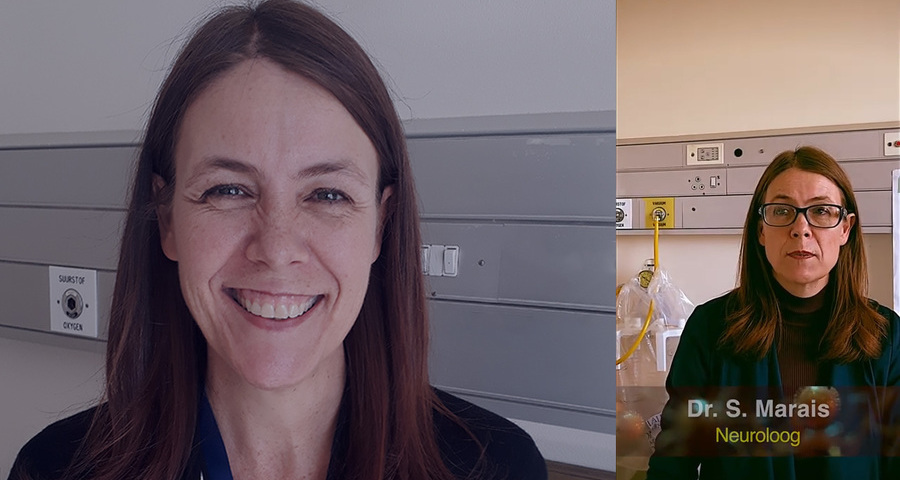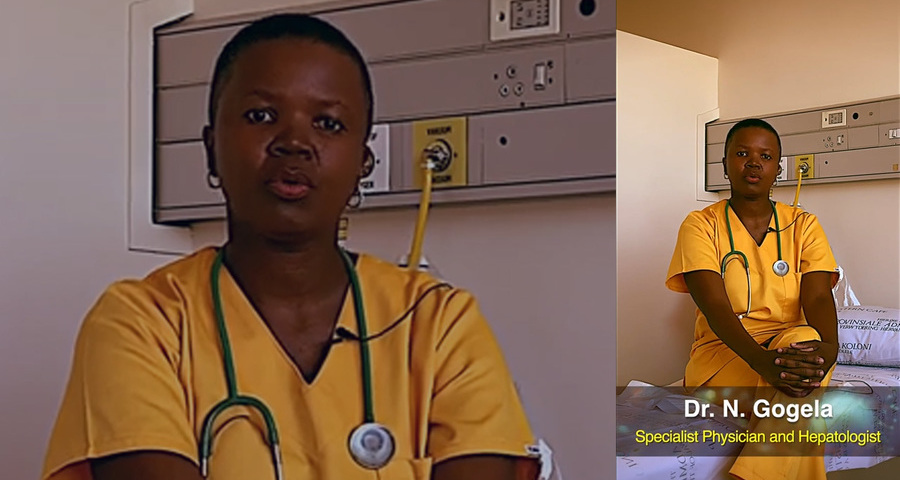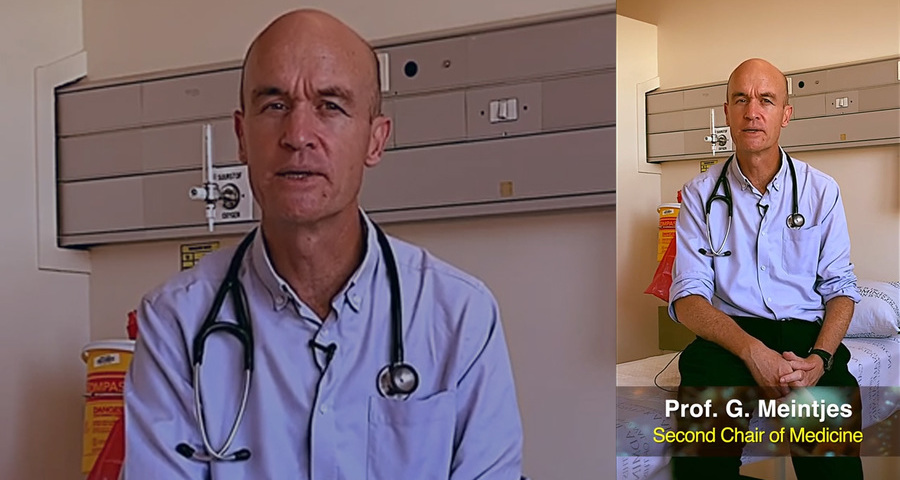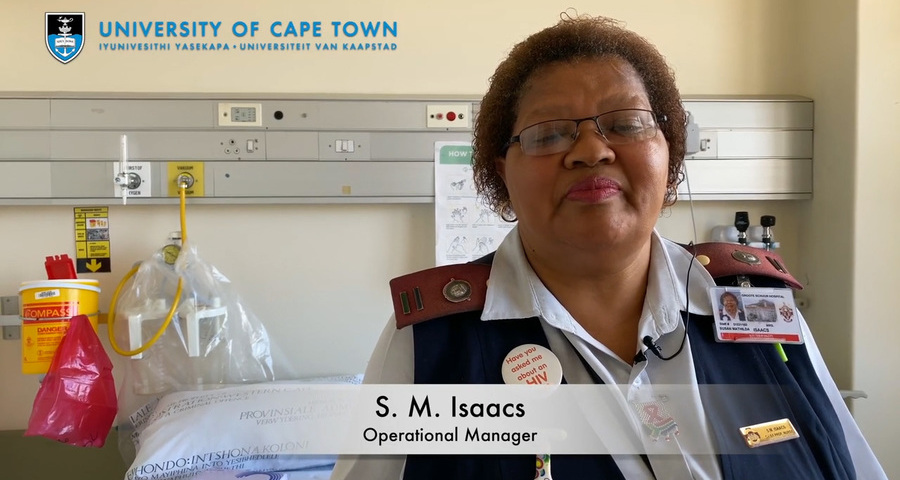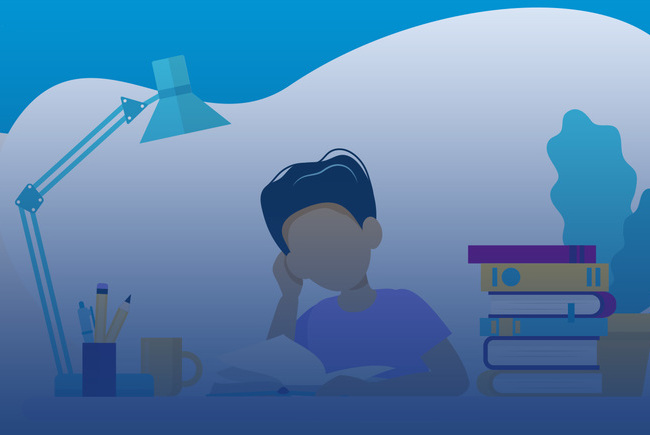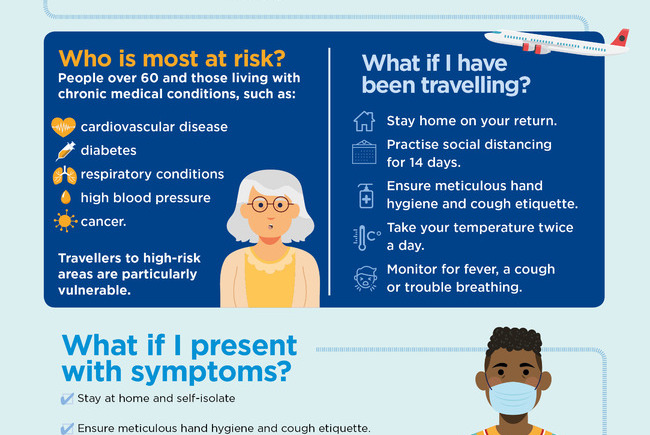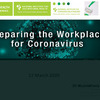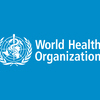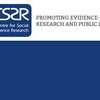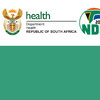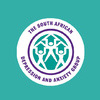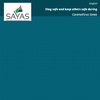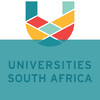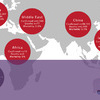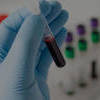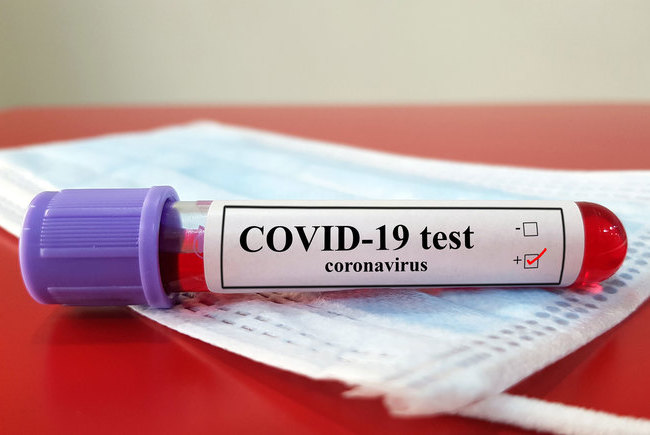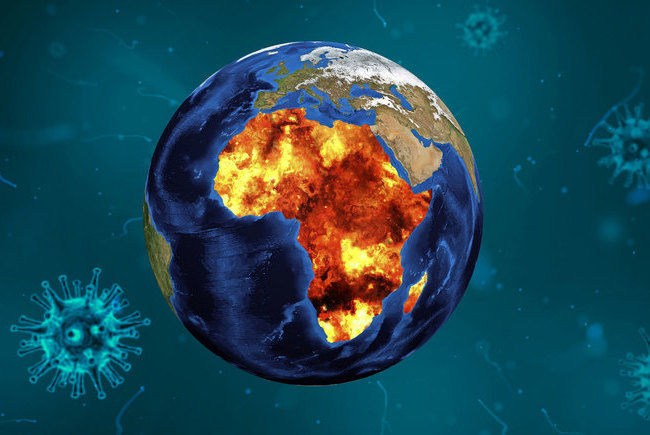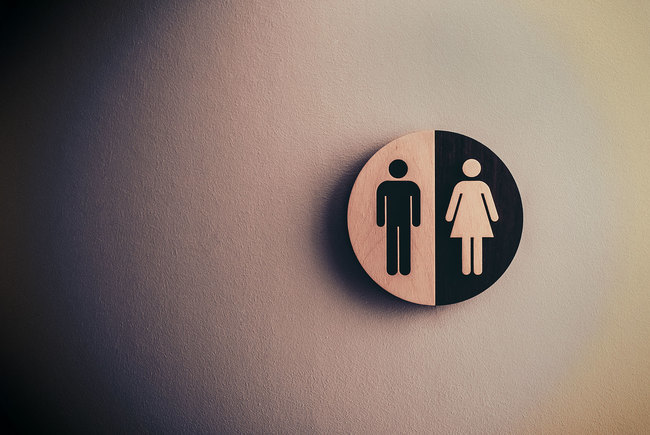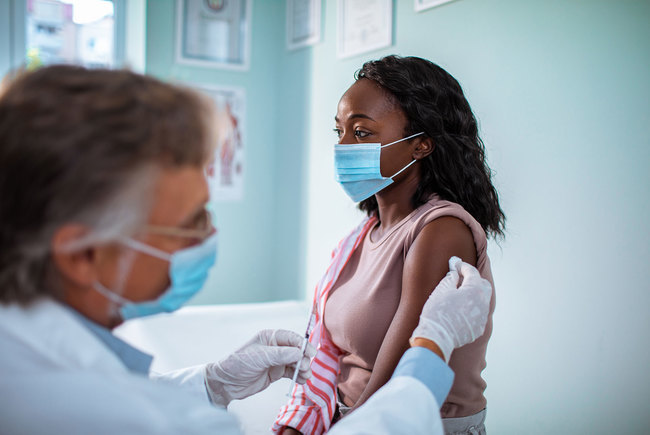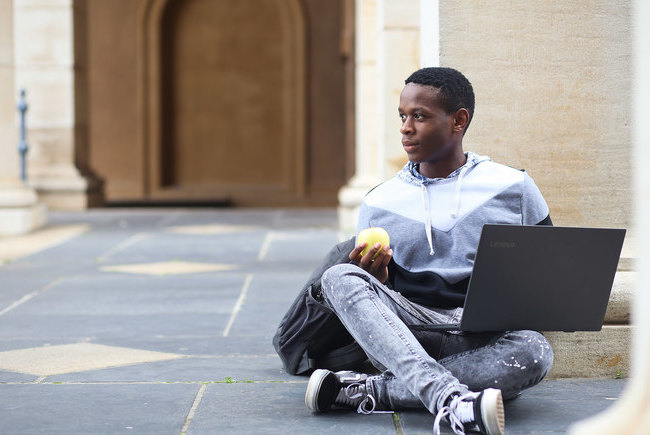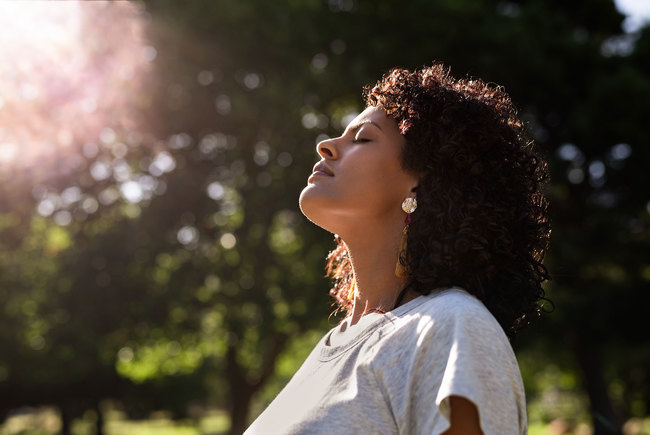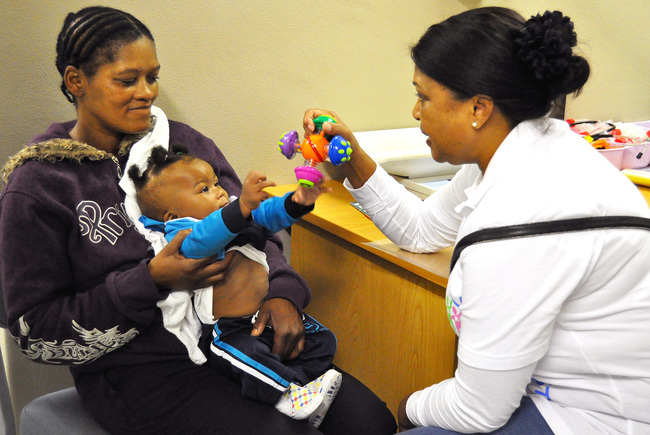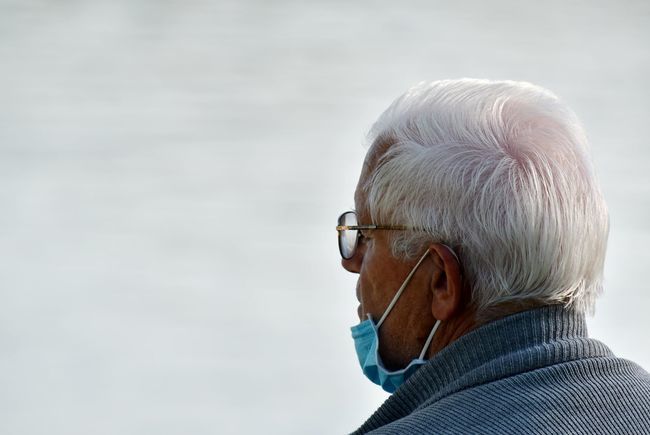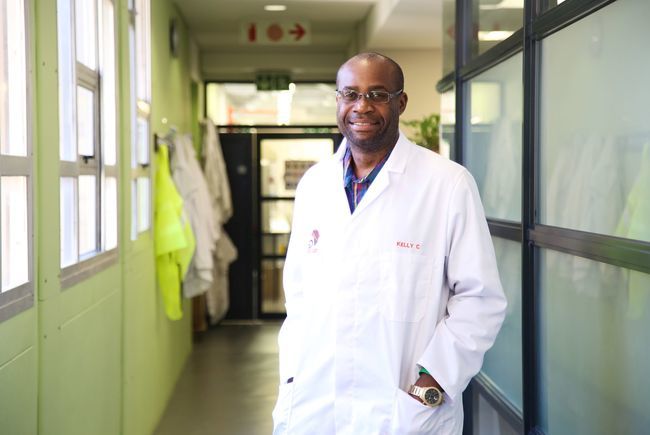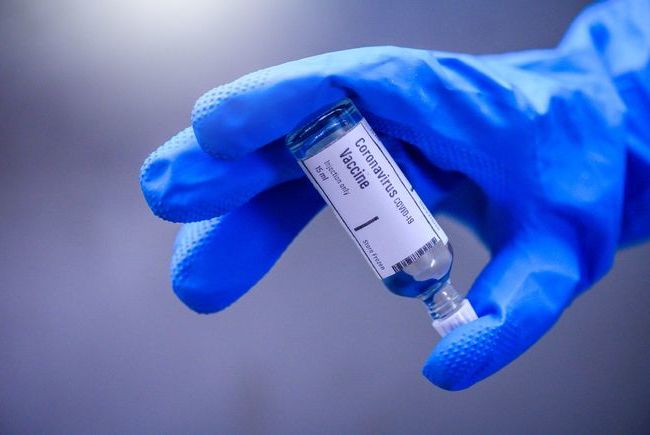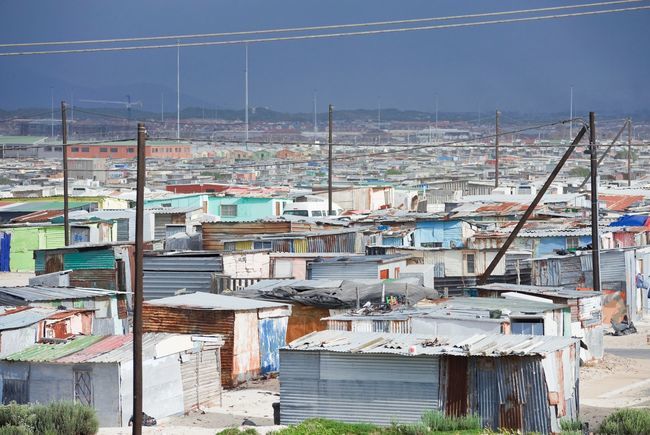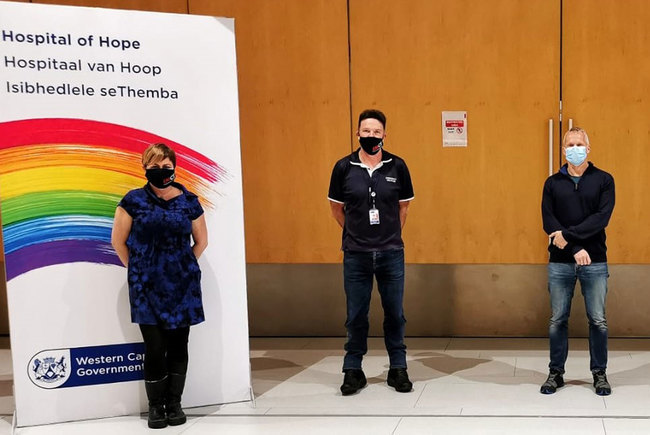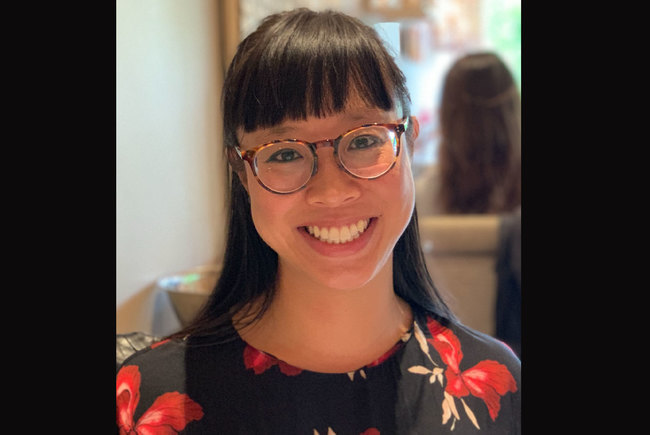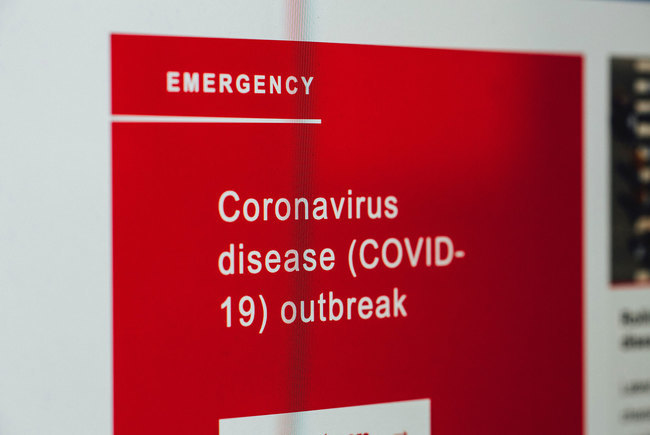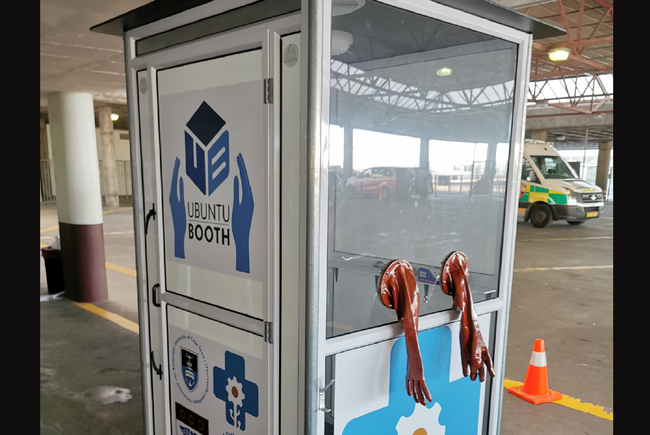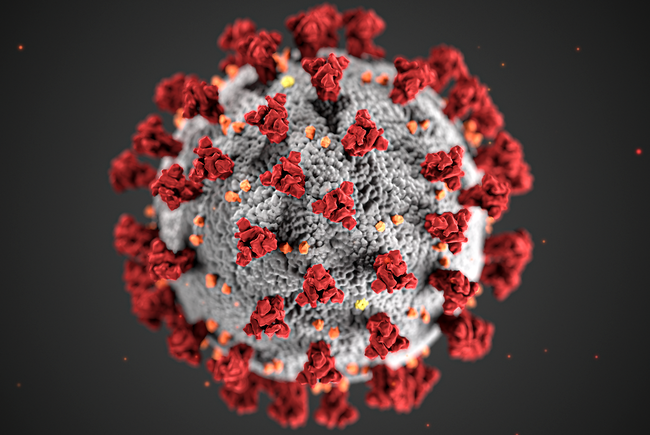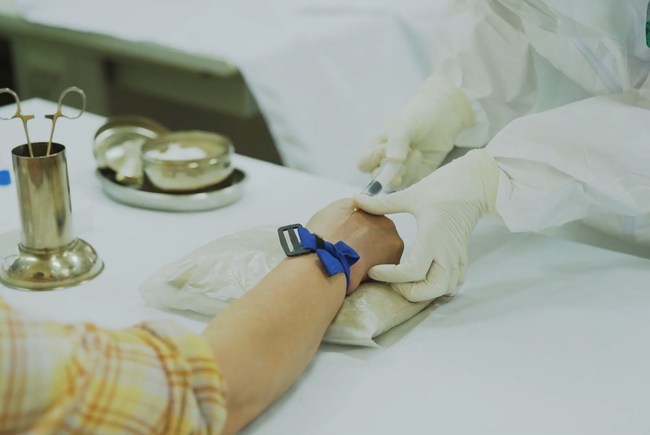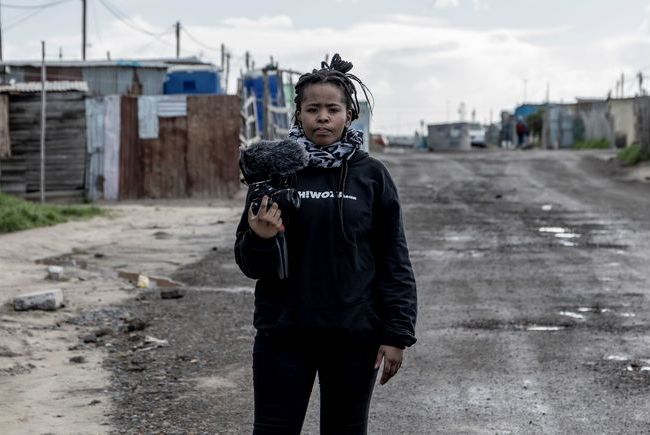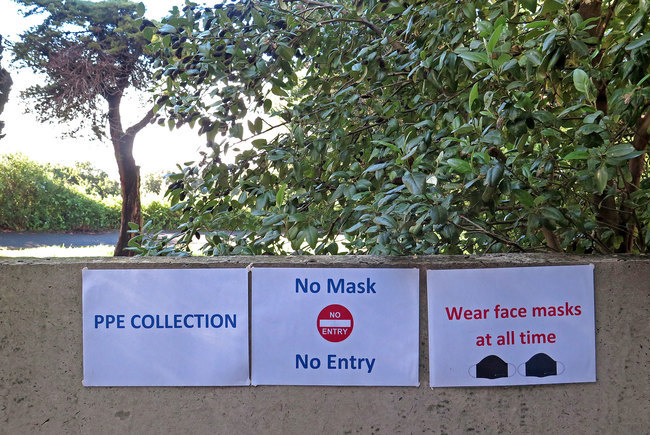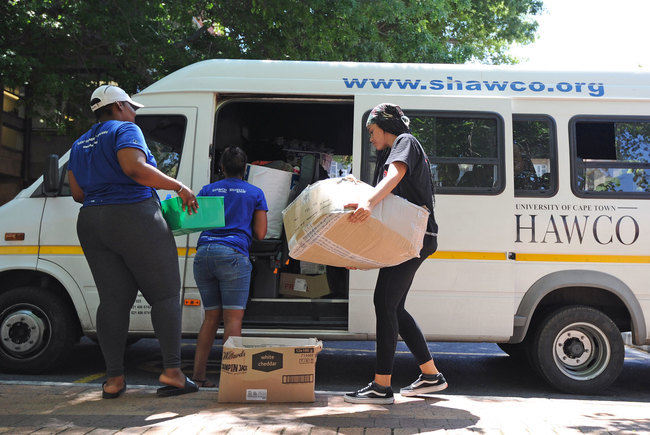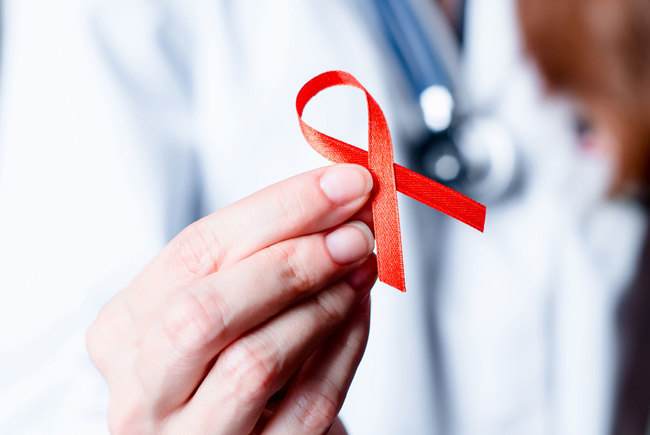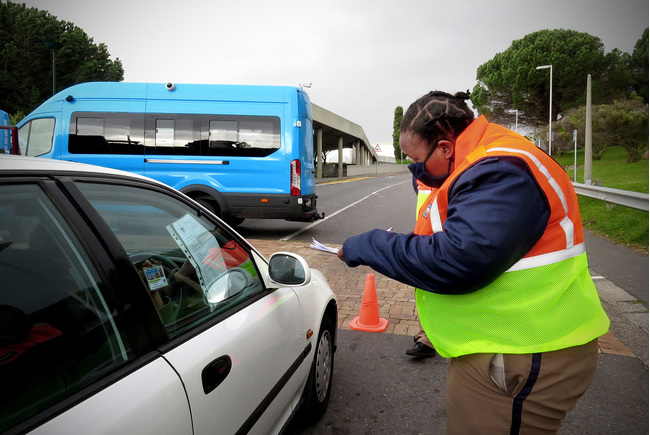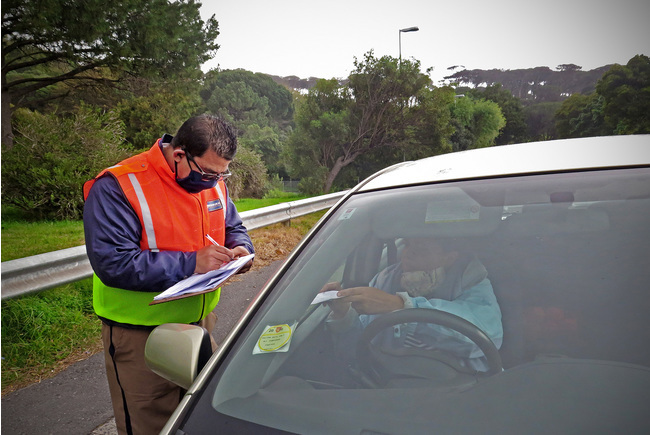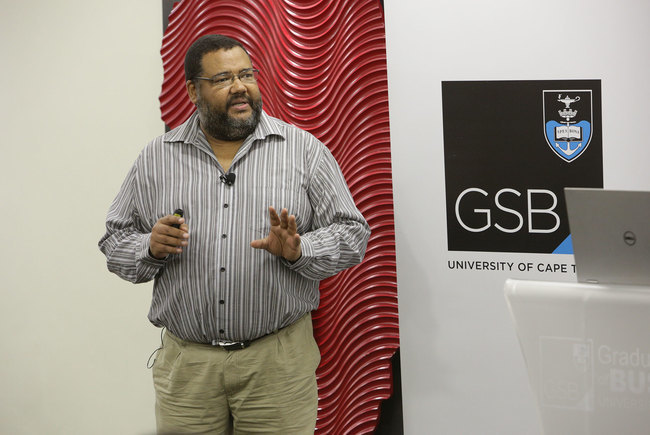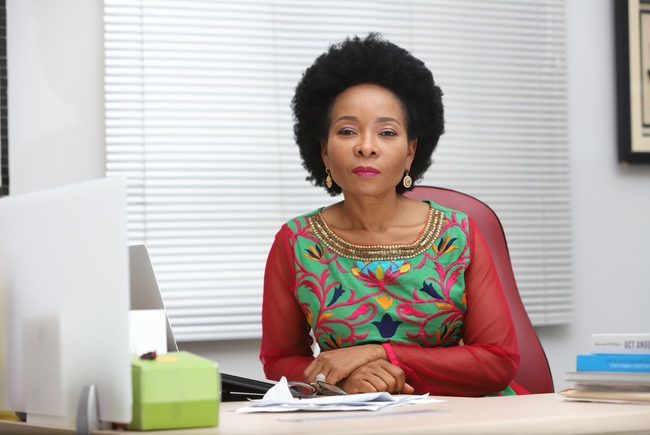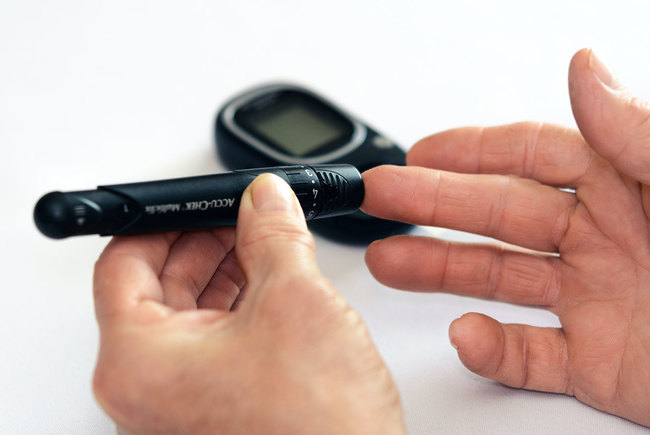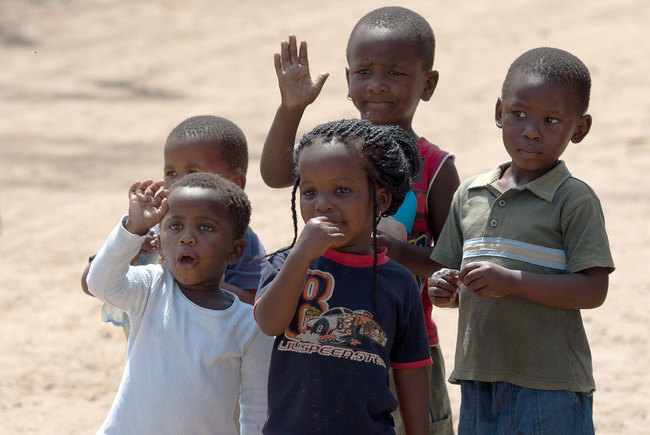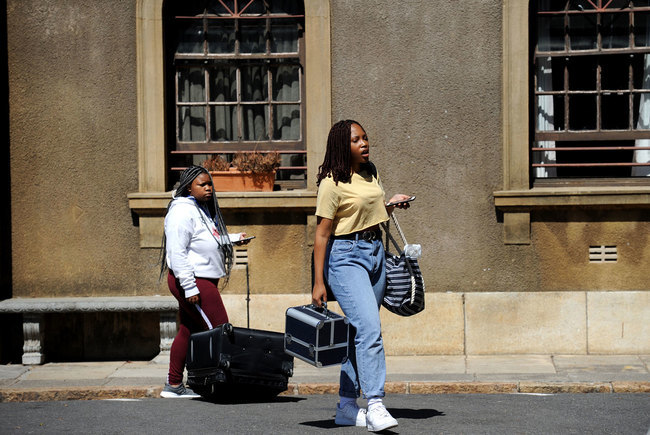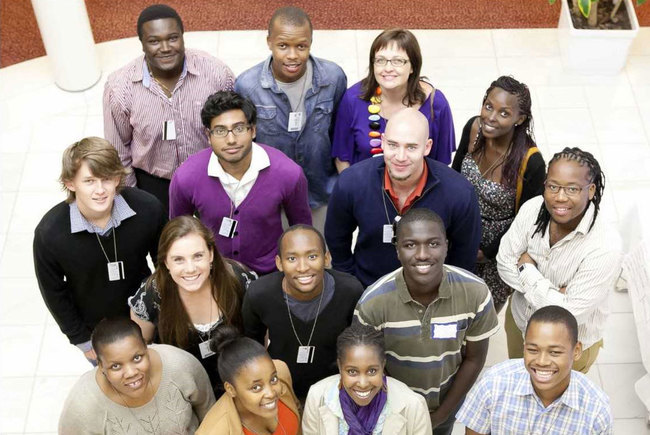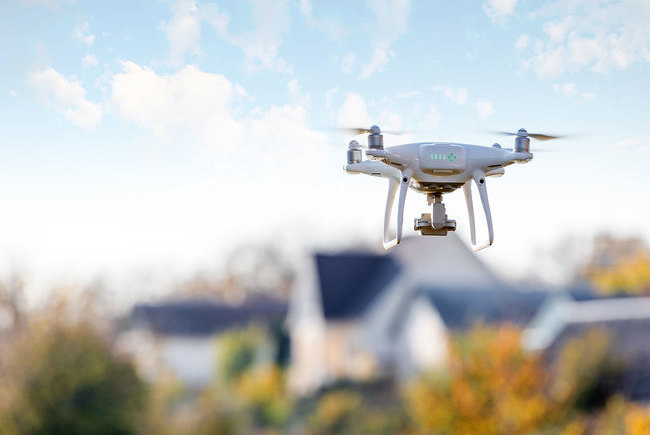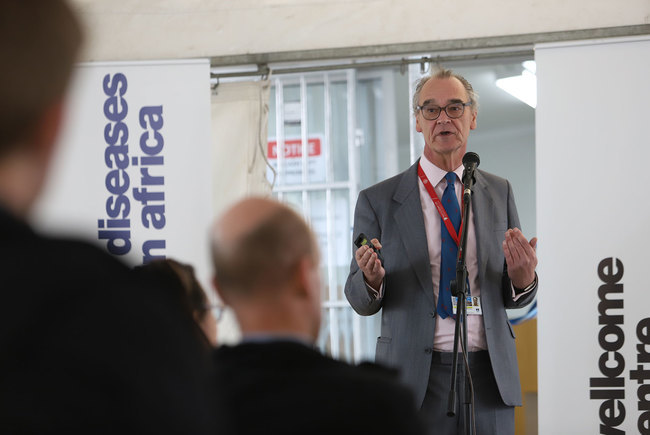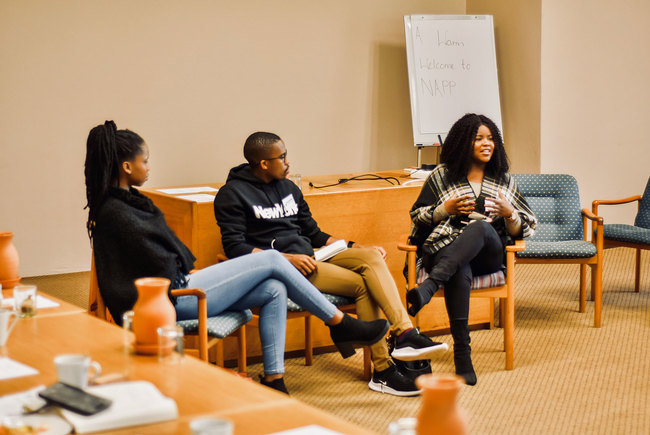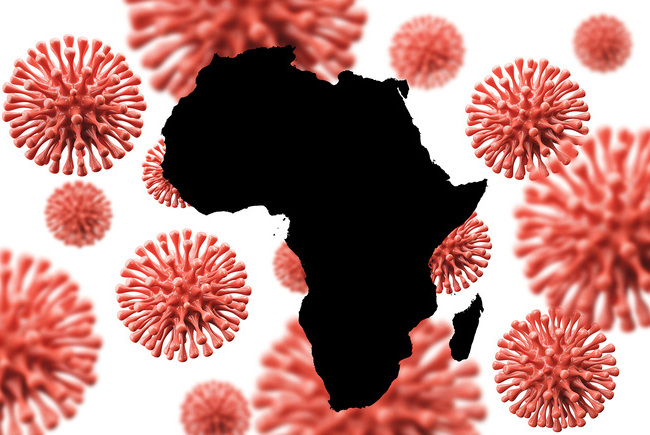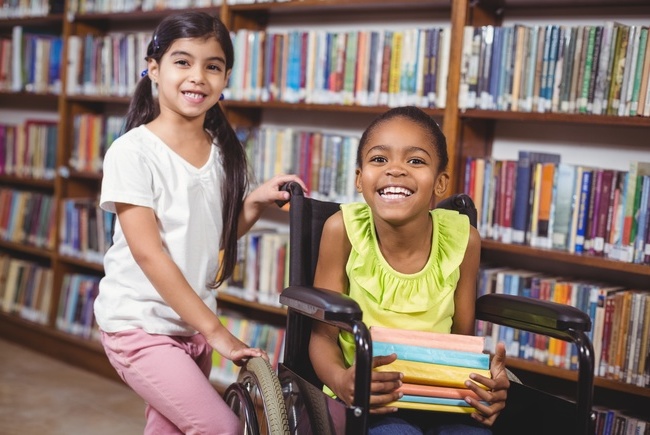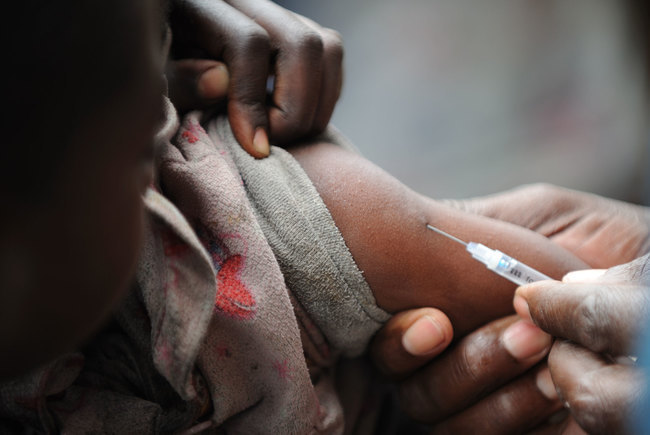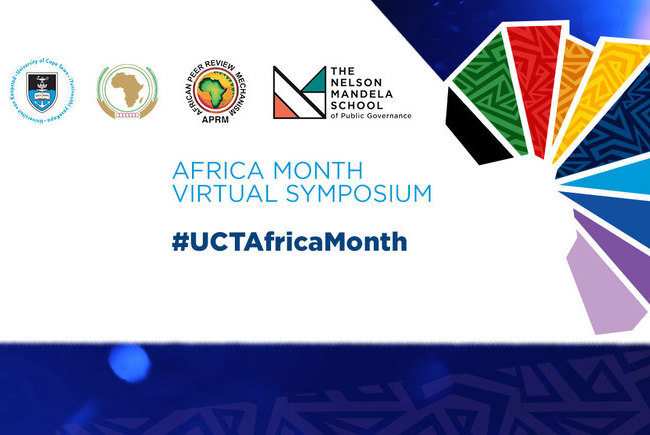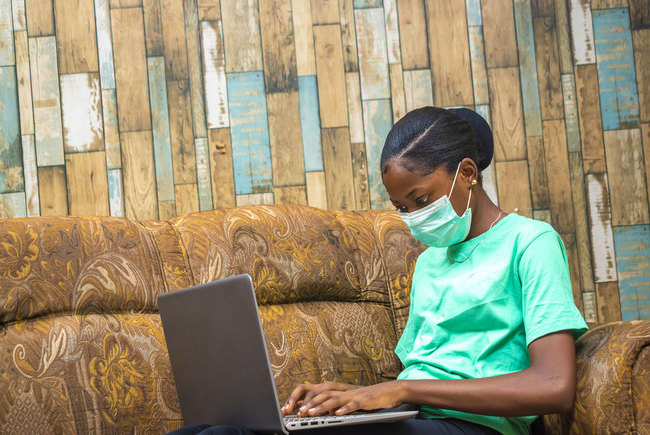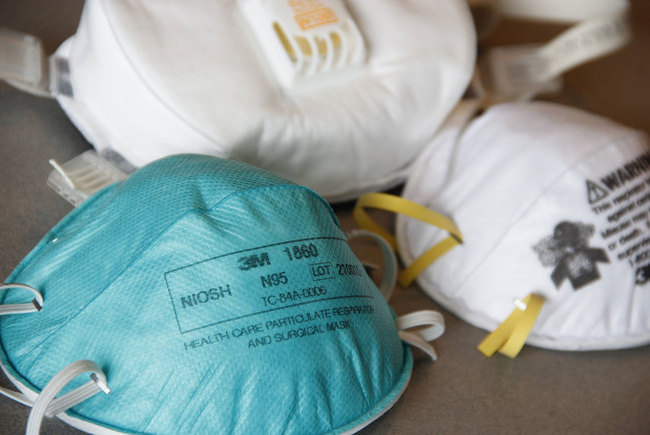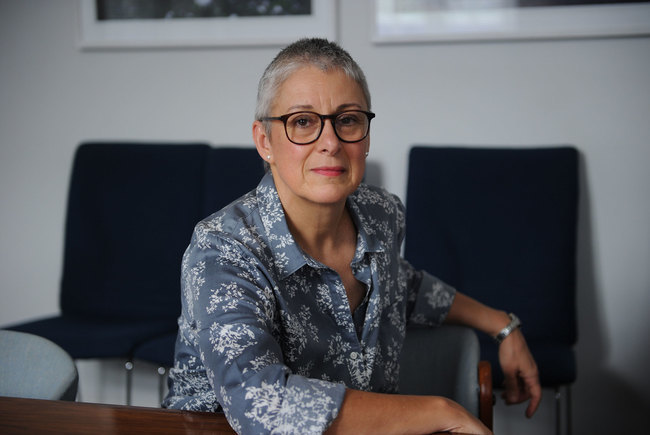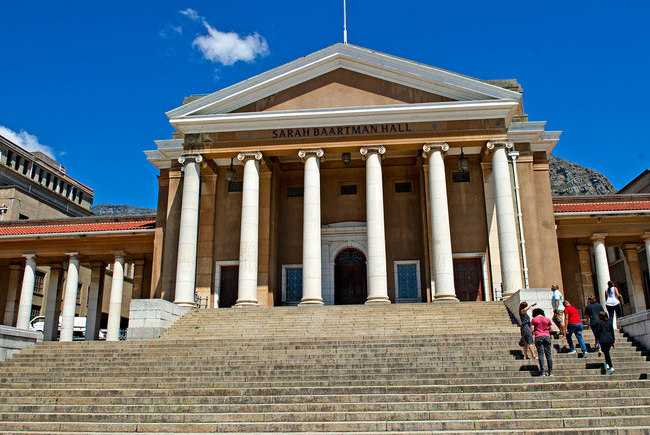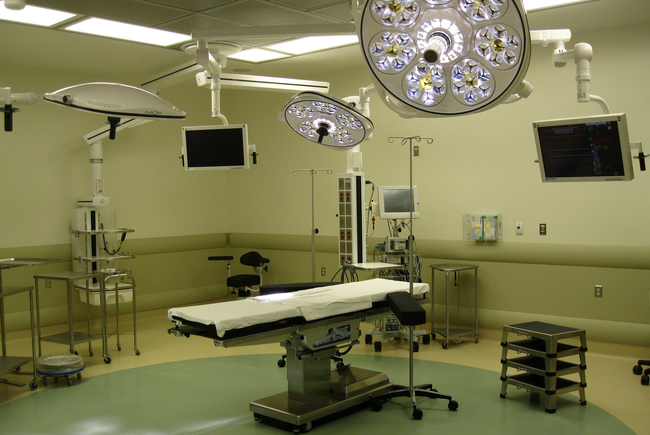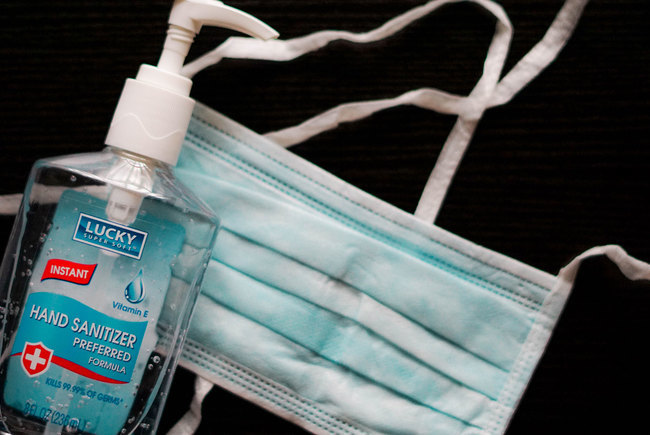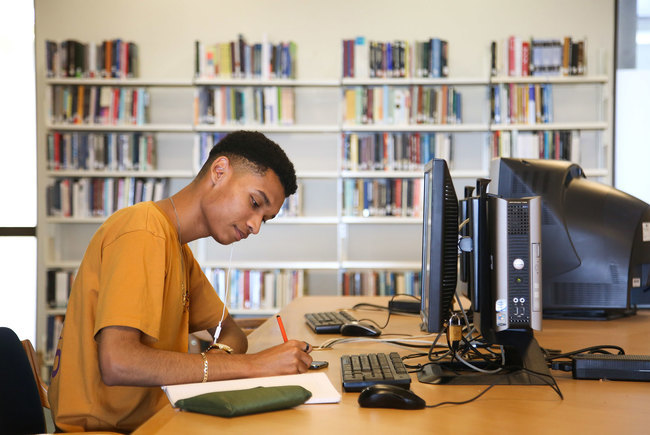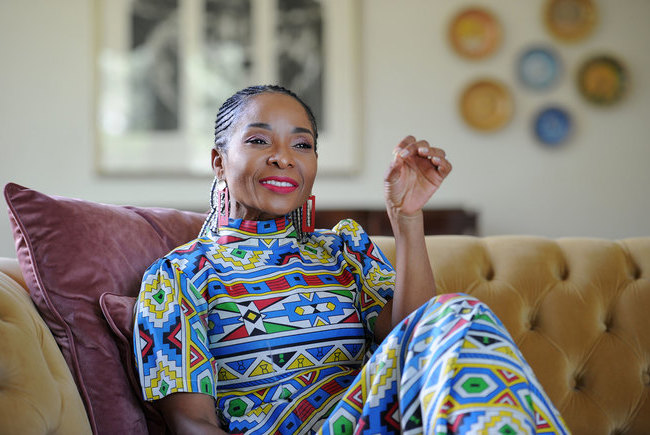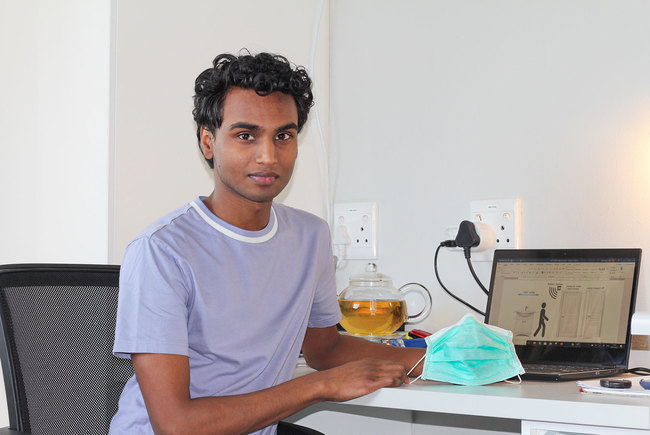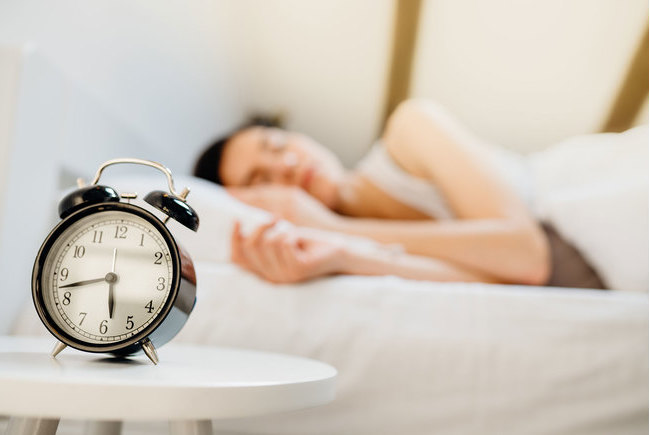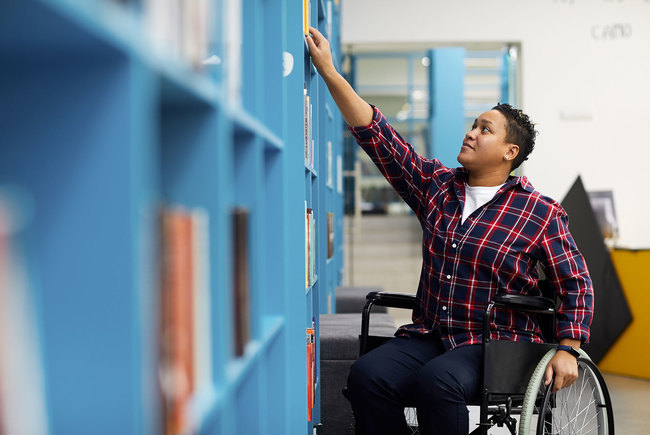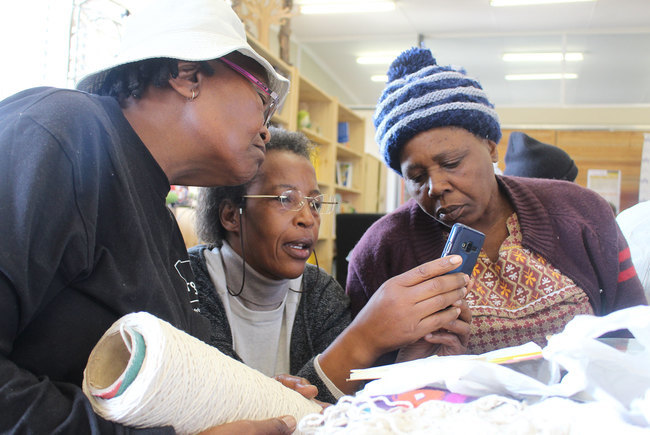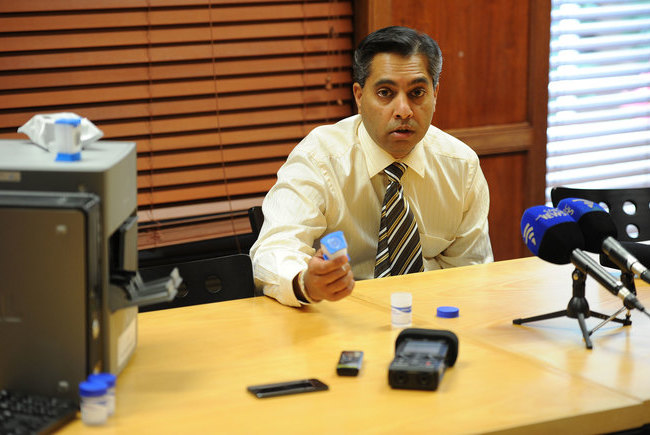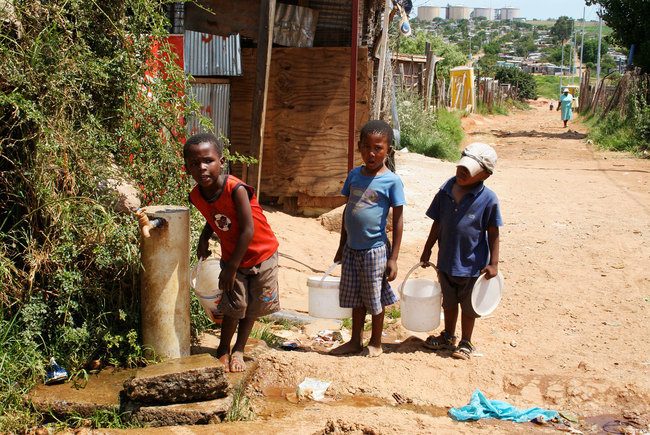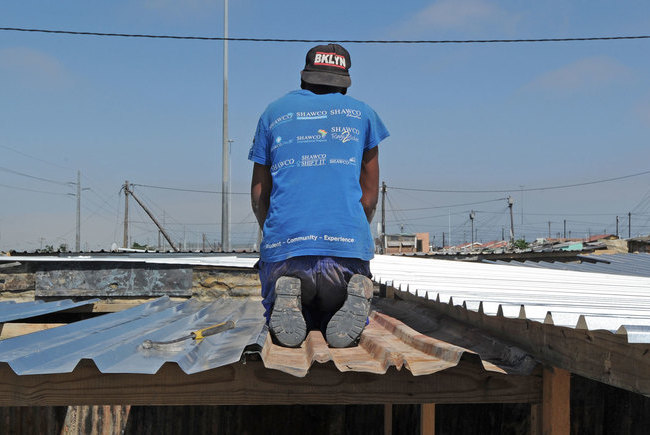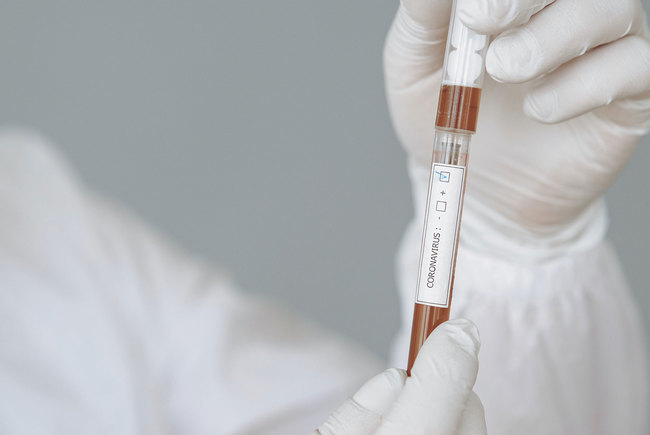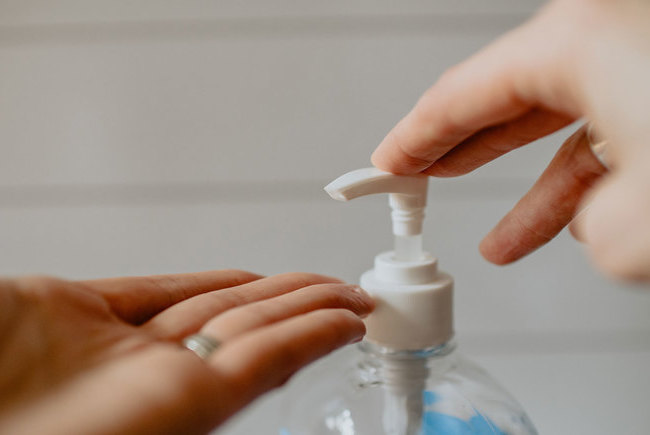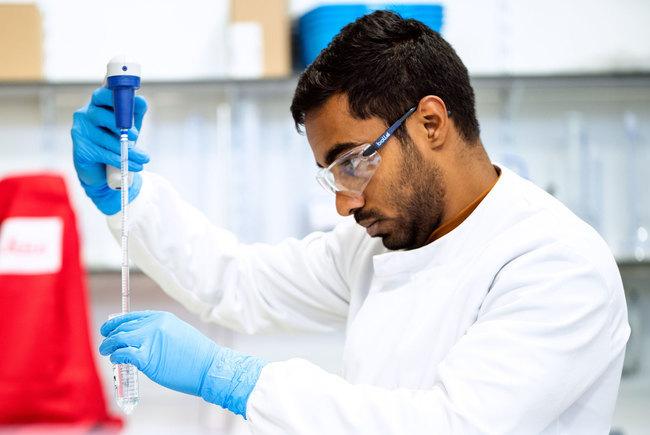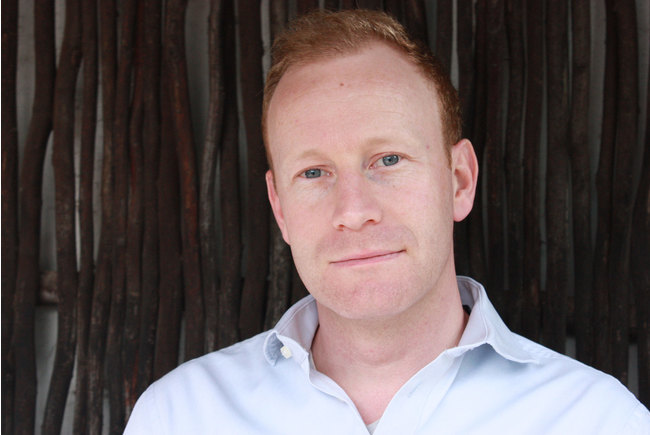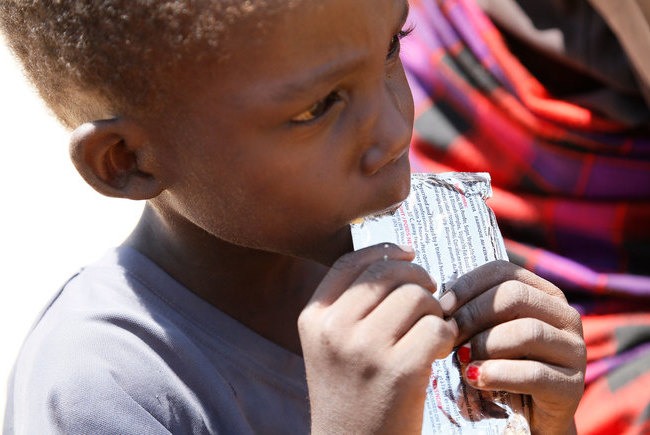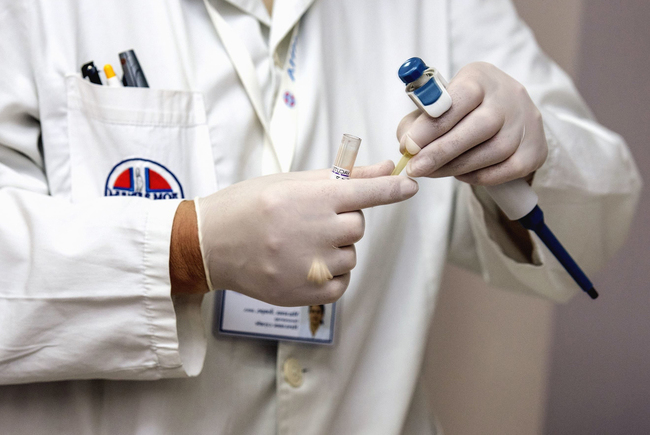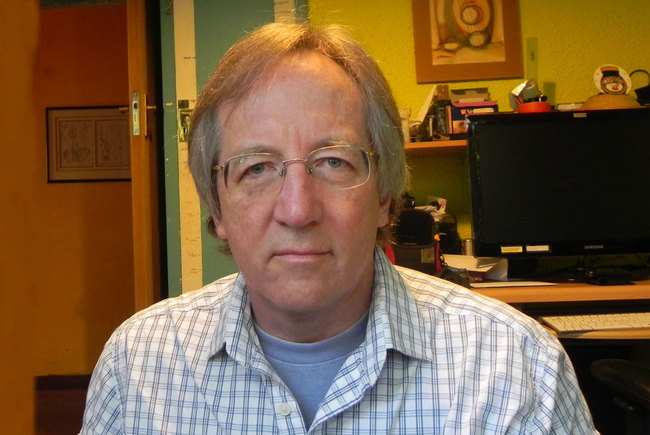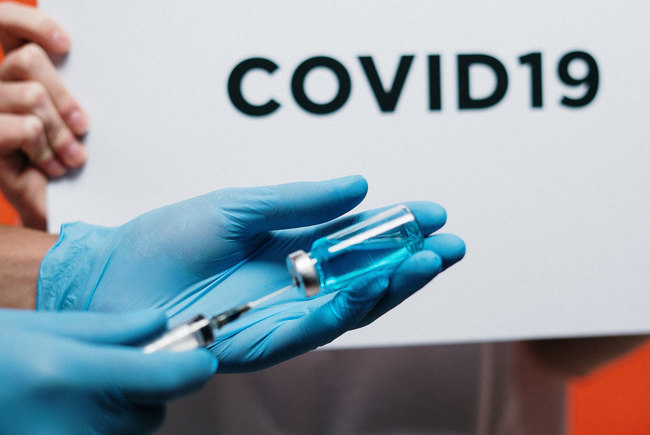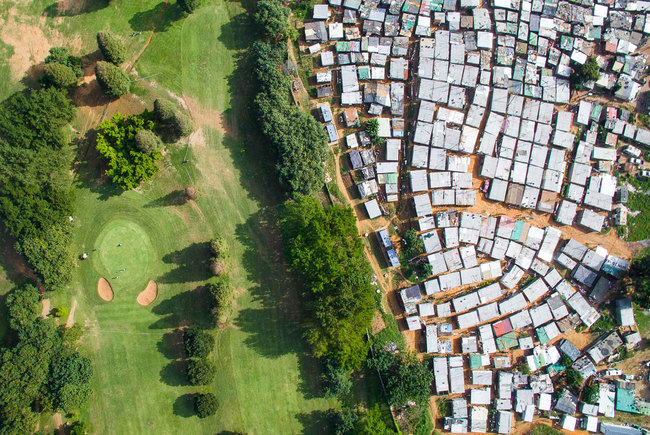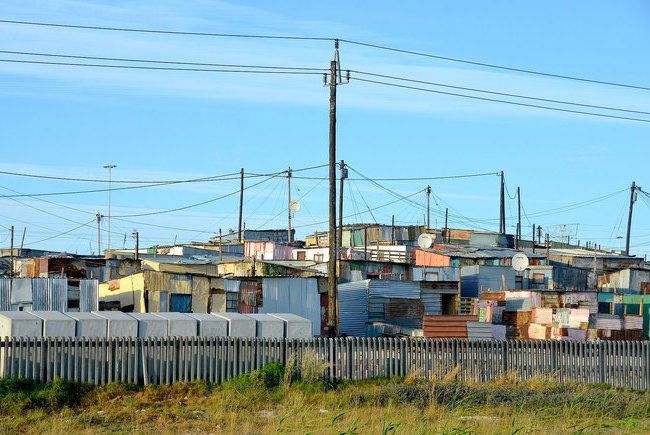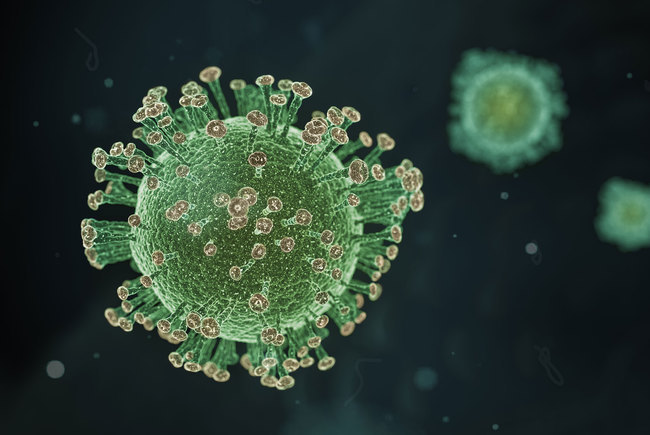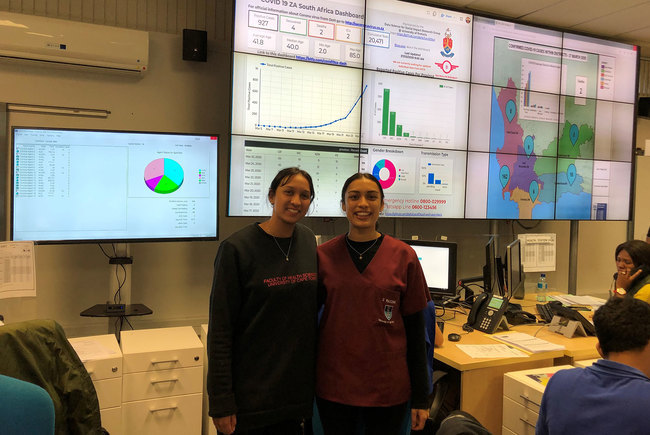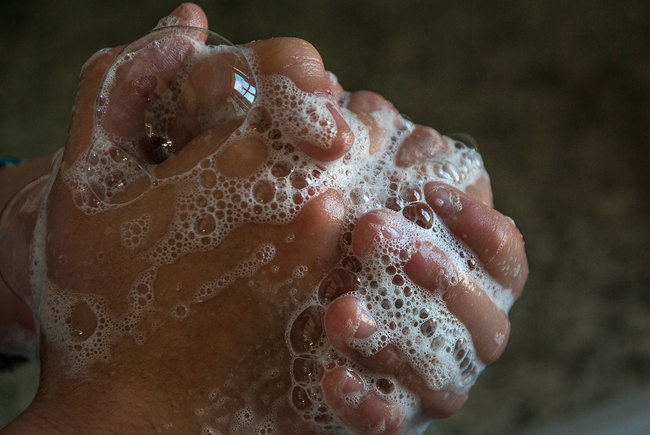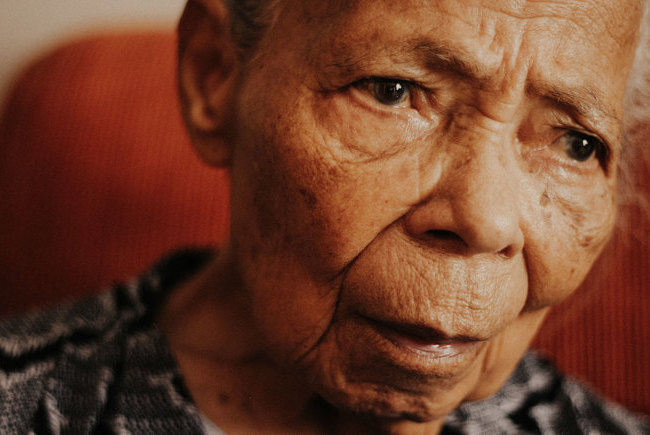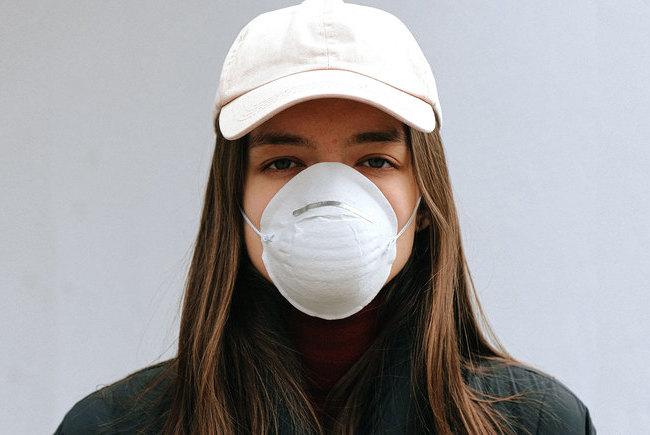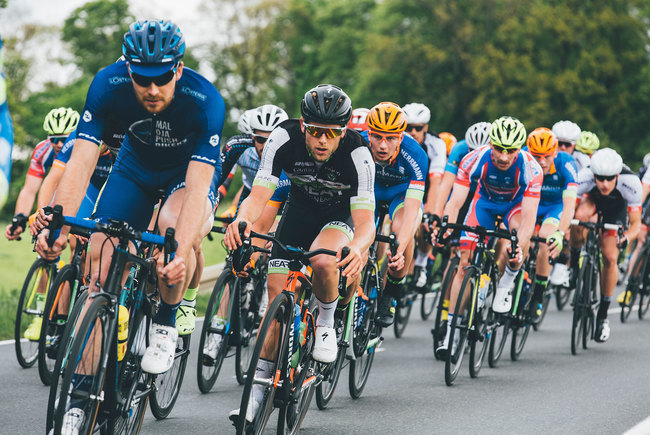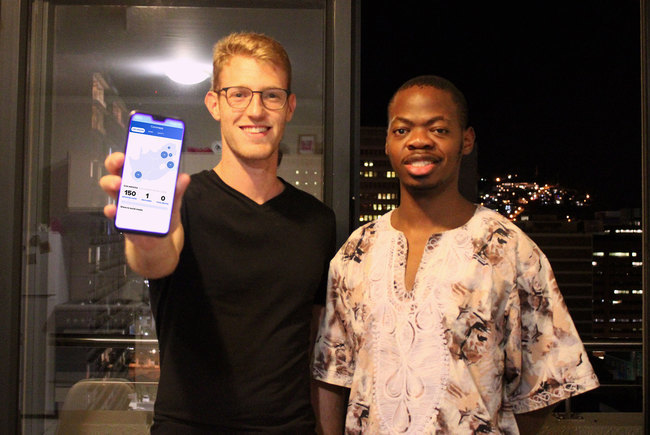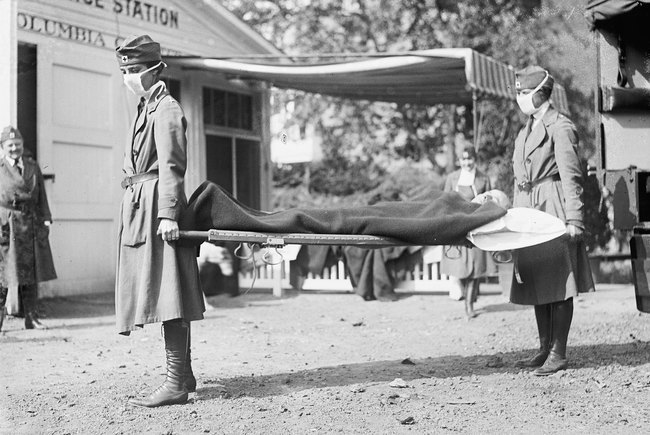Limited invitations to return to residence
01 July 2020 | Professor Loretta Feris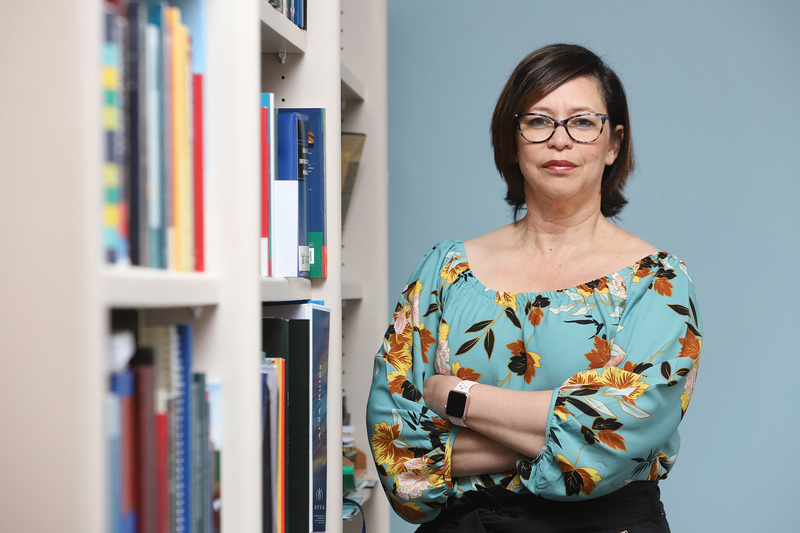
Dear students
The University of Cape Town (UCT) will be issuing a very limited number of invitations to undergraduate and postgraduate students to return to residence. This is happening in a phased approach, which is already under way and will continue during July and August 2020. These invitations will be sent only to limited groups of students to enable them to complete the 2020 academic year.
This invitation is separate from the return of researchers, postdoctoral fellows and postgraduates to campus that was announced on 17 June by Professor Sue Harrison, the Deputy Vice-Chancellor: Research and Internationalisation.
The Minister of Higher Education and Training has advised that one-third of university students may return to universities, however we are limiting that proportion because of the soaring rate of new COVID-19 infections, especially in the Western Cape. Our first priority is always to protect the lives and well-being of students and staff, and we hope to do so by keeping a stricter limit on the number of returning students in this phase.
Many of you have written to me, the Vice-Chancellor, your deans and your lecturers about the hazards of studying under very difficult conditions at home. So we have prioritised students whose living conditions do not allow them to participate meaningfully in remote teaching and learning. In determining which students will receive invitations to return, we have committed to an approach that prioritises both the socioeconomic need and the academic benefit of being in res for each student; is consistent across the faculties and based on measurable data; and aligns with public health considerations and our collective responsibility as a university to ensure the safety of students and staff members. Our aim is to be fair and transparent in selecting students to receive these invitations and to be able to provide a strong basis for each decision.
This cohort of returning students will continue with online learning and research in residence. Students in private accommodation must communicate with their lessors to establish whether they may return to that accommodation to continue remote learning and whether the accommodation is in compliance with COVID-19 protocols. Students returning to private accommodation will not receive a letter of invitation from the university and will need to complete a Form 6 sworn affidavit, which is published in Government Gazette 43364, to enable their travel.
Invitations to return to UCT residences in August will include details about the strict public health conditions each student must agree to before coming back, to reduce the chance of infection. This is how we expect you to fulfil your joint responsibility to yourself, to each other, to UCT and to South Africa – because any infection that comes on campus can also be carried off campus, into buses, taxis, shops and people’s homes.
Students will need to agree to be self-reliant for living under lockdown; adhere to the mandatory 14-day quarantine period; wash or sanitise hands regularly; use a mask over the nose and mouth at all times when leaving your room; cough and sneeze into your elbow; maintain a physical distance of 1.5m from others; clean up after using public spaces; and not visit each other in rooms and apartments. These steps are all necessary public health practices to reduce the transmission of COVID-19. Students who have co-morbidities or are in mid-trimester pregnancy will need to undergo more detailed health screening for risk assessment. The most important priority is your health.
Invitations, including a permit for intra-provincial travel, will be issued via email. If you do not receive an invitation to return, you will not be allowed to do so. This is for your own health and safety. We know that many of you find it hard to study away from UCT. We know you miss your friends, and we miss you too. But the risk of bringing people into res too quickly is simply not justified. Every student, in res or at home, will still have virtual access to UCT facilities such as the library, Student Wellness Service and faculty support.
Whether you receive an invitation to return or not, please remember that we are all in this crisis together. We all share a joint responsibility for helping each other to avoid becoming infected, as well as for showing compassion for those who do test positive, and those who are in greatest danger from the virus. We can stay connected virtually, as I know many of you are doing, through online groups and virtual meetings.
Thank you for showing your care in this way. Please also take a moment to encourage the staff members at UCT who continue to work hard on your behalf. They are part of your community too. For now, all my colleagues at UCT and I stand together with you, even though we have to stay apart.
With kind regards
Professor Loretta Feris
Deputy Vice-Chancellor: Transformation
Read previous communications:
 This work is licensed under a Creative Commons Attribution-NoDerivatives 4.0 International License.
This work is licensed under a Creative Commons Attribution-NoDerivatives 4.0 International License.
Please view the republishing articles page for more information.
Coronavirus Disease 2019 updates
COVID-19 is a global pandemic that caused President Cyril Ramaphosa to declare a national disaster in South Africa on 15 March 2020 and to implement a national lockdown from 26 March.
UCT is taking the threat of infection in our university community extremely seriously, and this page will be updated regularly with the latest COVID-19 information. Please note that the information on this page is subject to change depending on current lockdown regulations.
Frequently asked questions
Daily updates
Campus communications
2020
Resources
Video messages from the Department of Medicine
Getting credible, evidence-based, accessible information and recommendations relating to COVID-19
The Department of Medicine at the University of Cape Town and Groote Schuur Hospital, are producing educational video material for use on digital platforms and in multiple languages. The information contained in these videos is authenticated and endorsed by the team of experts based in the Department of Medicine. Many of the recommendations are based on current best evidence and are aligned to provincial, national and international guidelines. For more information on UCT’s Department of Medicine, please visit the website.
To watch more videos like these, visit the Department of Medicine’s YouTube channel.
Useful information from UCT
External resources
News and opinions
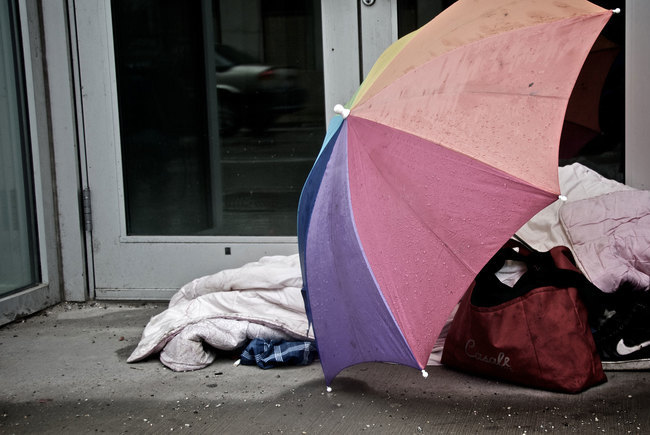
As the COVID-19 crisis drags on and evolves, civil society groups are responding to growing and diversifying needs – just when access to resources is becoming more insecure, writes UCT’s Prof Ralph Hamann.
03 Jul 2020 - 6 min read Republished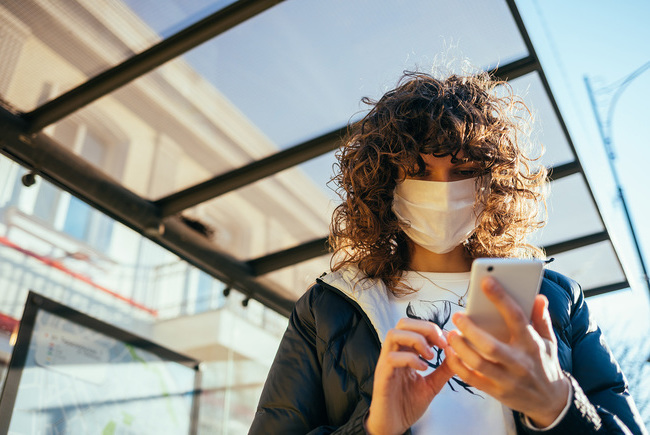
The Covid-19 crisis has reinforced the global consequences of fragmented, inadequate and inequitable healthcare systems and the damage caused by hesitant and poorly communicated responses.
24 Jun 2020 - >10 min read Opinion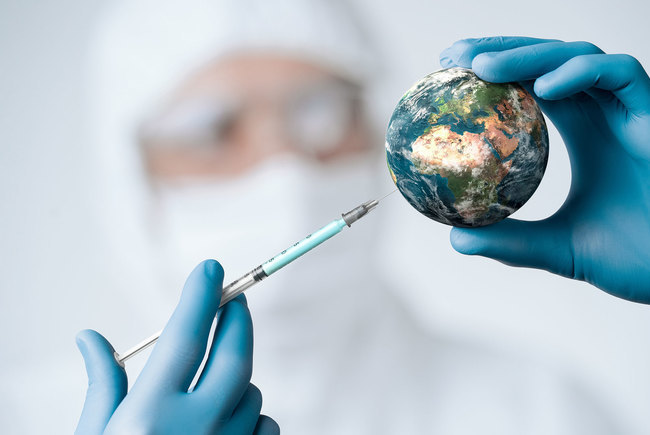
Our scientists must not practise in isolation, but be encouraged to be creative and increase our knowledge of the needs of developing economies, write Professor Mamokgethi Phakeng, vice-chancellor of UCT, and Professor Thokozani Majozi from the University of the Witwatersrand.
09 Jun 2020 - 6 min read Republished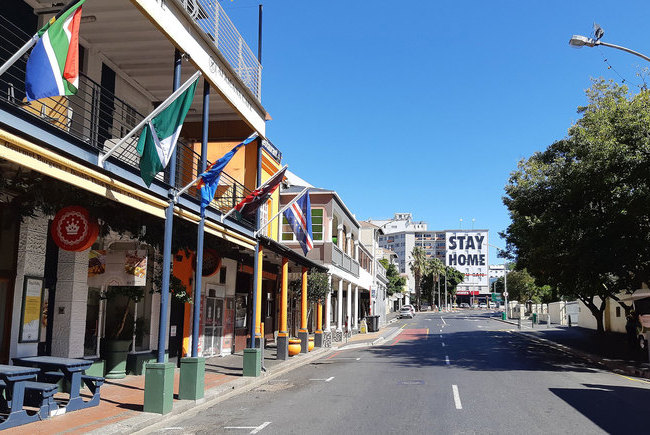
South Africa has been recognised globally for its success in flattening the curve, which came as a result of President Ramaphosa responding quickly to the crisis, writes Prof Alan Hirsch.
28 Apr 2020 - 6 min read RepublishedStatements and media releases
Media releases
Read more
Statements from Government
In an email to the UCT community, Vice-Chancellor Professor Mamokgethi Phakeng said:
“COVID-19, caused by the virus SARS-CoV-2, is a rapidly changing epidemic. [...] Information [...] will be updated as and when new information becomes available.”
We are continuing to monitor the situation and we will be updating the UCT community regularly – as and when there are further updates. If you are concerned or need more information, students can contact the Student Wellness Service on 021 650 5620 or 021 650 1271 (after hours), while staff can contact 021 650 5685.












